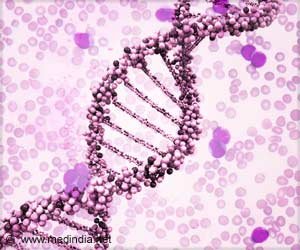Expanding Options for Blood Disorder Patients

Gene therapy corrects the mutation in a patient’s cells but still requires chemotherapy and transplantation of one’s own corrected cells. The new research shows that blood stem cells can be genetically engineered while still in the bone marrow, in a single treatment.
Co-first author Michael Triebwasser, M.D., Ph.D., clinical instructor in Pediatric Hematology and Oncology reported, “This is the first time the blood stem cells that create the blood and immune system over our lifetime can be genetically engineered while still in the bone marrow.
Gene Therapy’s Promising Steps in Blood Disorder Research
“This technology can be used to correct disease cause mutations such as the single mutation that causes sickle cell anemia in ~7.5 million people worldwide, and it can be used to control stem cells using messenger RNA (mRNA). To do this we utilized a type of nanoparticle similar to the Pfizer COVID mRNA vaccine but designed it to find these stem cells specifically.”
Advertisement
The risks patients undergo for gene therapy highlight the need for improved treatments. In addition, eliminating the need for stem cell collection and treatment outside the body can cut costs for patients and improve access to critical gene therapies for many patients.
The recently approved gene therapy for another blood disorder, beta-thalassemia, costs $2.8 million dollars.
“This approach is highly flexible and has reduced toxicity when treating stem cells outside the blood compared to current methods. It will hopefully lead to improved methods for correcting stem cells.
“The ultimate goal would be to do these same gene corrections while the stem cells remain in the body. This would open the door for cures in resource-limited countries where the infrastructure for bone marrow transplantation is not present, and the cost is prohibitive.”
Reference :
- In vivo hematopoietic stem cell modification by mRNA delivery
– (https://www.science.org/doi/10.1126/science.ade6967)
Source: Eurekalert
Source link
#Expanding #Options #Blood #Disorder #Patients



